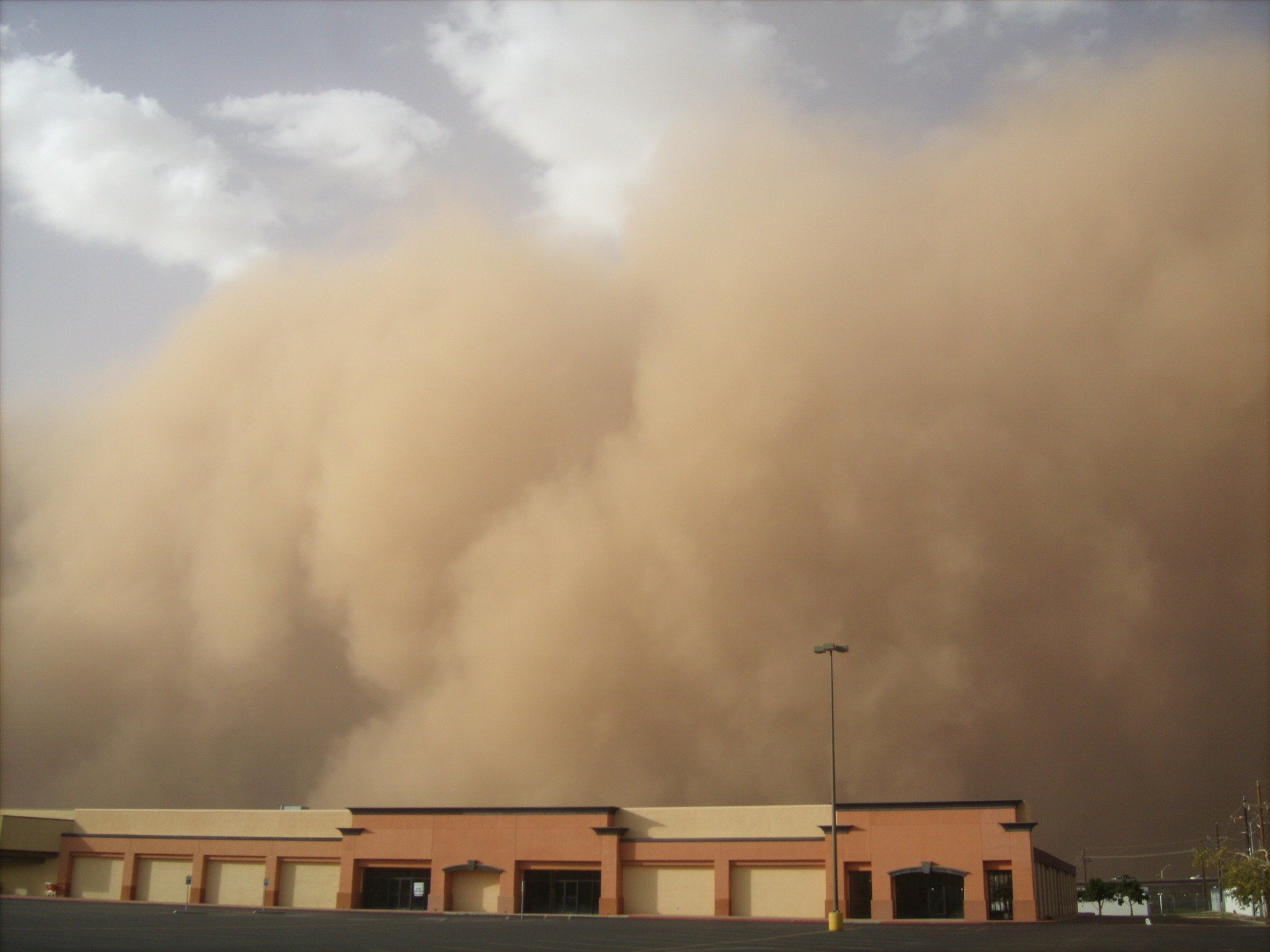Rwanda’s forests used to have the same fate as woodlands elsewhere: on the skids. Between 1960 and 2000, the country’s forest areas declined by 65% while its growing population resulted in an increased demand for construction wood, firewood and grazing ground. Four years of civil war left the forests scarred, with whole landscapes deforested. As a consequence, land erosion, flooding, silting up of lakes and loss of plant species and wildlife caused even more devastation to the people of Rwanda.
The Forest at the Heart of the Recovery Process
An ambitious National Forest Policy implemented in 2004 made forestry one of the bedrocks of the Rwandan economy. The aim was to ensure that no one is left behind. The result: Fifteen years later — and one year ahead of schedule — Rwanda reached its goal of increasing forest cover to one third of the total land area. With 17% of the restored forest landscapes now part of protected areas and 708.629 ha of forest under restoration, Rwanda now aims to fulfil its Bonn Challenge commitment of bringing 2 Mha under restoration by 2030.
The national policy to protect and restore forests is the basis for a healthy and resilient society of the future.
— Jan McAlpine, former UN Forum on Forests Director and World Future Council Councillor.
Success, however, is measured by more than just hectares. Massive reforestation and planting activities that promote indigenous species were undertaken in a participatory way while increased forest cover reduced the extent of silt build-up and contributed to increased water access.
The expansion of agroforestry – a principle that integrates pastureland or the cultivation of crops into the forest – has diversified the farming system and improved soil quality as well as food security. The Rwandan government strongly pursued the participation of women and young people in implementing the policy (the country is a record holder with over 50% female Members of Parliament). Biodiversity has improved, too. And before the pandemic, the tourism sector was thriving, with the forests, national parks and endangered, protected gorillas at its core.
Related Articles: A Comfort Zone for Child Abuse Survivors | Deforestation: Why Poverty is the Root Cause
“Rwanda has sought not only to make its forests a national priority but has also used them as a platform to revolutionise its stances on women’s rights and creating a healthy environment,” commented Wangari Maathai (who passed away in 2011), Green Belt Movement founder, Nobel Peace Prize recipient and an Honorary Councillor of the World Future Council.
The policy won the 2011 World Future Council Future Policy Award during the International Year of Forests. The 2011 Award celebrated policies that protect, enhance, and sustainably utilise forests for people, and thus contribute to a better world. The first award to honour policies rather than people at the international level, it was realised in partnership with the UN Food and Agriculture Organization of the United Nations (FAO), the Convention on Biological Diversity (CBD), and the United Nations Forum on Forests.
A Successful Green Recovery Model
Rwanda’s population is still growing; it is the most densely populated country in Africa with a high demand for space and firewood. The National Forest Policy covers Rwanda’s different ecological zones, from mountainous to semi-arid zones, each of which requires a different approach. Improvement of livelihoods and fighting poverty are major goals in all strategies and actions in the forest sector.
This policy — an inclusive, multi-stakeholder process effectively tackling multiple challenges at once — can serve as a model for other African countries.
„Rwanda is an inspiration for the world,” said Jan McAlpine, former Director of the UN Forum on Forests and Councillor of the World Future Council. “The national policy to protect and restore forests is the basis for a healthy and resilient society of the future. This policy is placing Rwanda firmly on the map as a global environmental leader, and I hope many other countries will follow.”
The resilience that Rwanda achieved by putting the forest at the heart of its efforts to rebuild the country after a devastating crisis is remarkable. Almost two decades later, we can still learn from it. In the wake of the Covid-19 pandemic, we are asking ourselves what a green recovery may look like. But we see can see it, growing and providing shade on the beautiful hills of Rwanda: A healthy forest.
***
Rwanda’s Forest Policy is one of the solutions discussed at the World Future Council’s free webinar “Covid 19: Forests offering solutions to recovery” on Thursday 18 March 2021, 4 p.m. CET
Registration: https://zoom.us/webinar/register/WN_jUk2cnVzTtWgFW3bQRipfQ
— —
About the Authors: Alexandra Wandel is Executive Director of the World Future Council, has previously worked for Greenpeace, Ecopeace Middle East and Friends of the Earth International. She coordinates the Future Policy Award in partnership with UN agencies since 2010. Miriam Petersen has been working in the non-profit sector for over a decade. A Senior Communications Consultant at the World Future Council, she is based in Ireland where she lives with her family, surfing, and growing vegetables.
Editor’s Note: The opinions expressed here by Impakter.com columnists are their own, not those of Impakter.com. — In the Featured Photo: Children in Rwanda walking through a forest. Featured Photo Credit: Ⓒ Nathalie Bertrams











